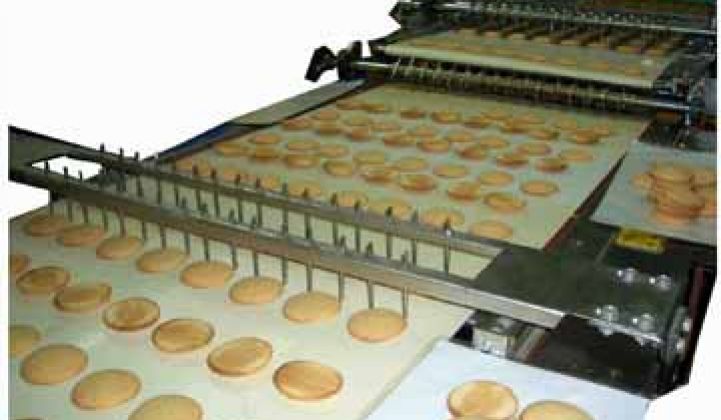If Amy’s Kitchen, the natural and organic food company, wanted to switch from frozen to refrigerated burritos, Bob Zak’s team at Powerit Solutions would be there to help. But Powerit isn’t in the refrigeration business, or even the burrito business. It is a demand management company.
When it comes to demand response programs, many customers see a trade-off between cutting costs and retaining control. But it doesn’t have to be that way. Instead, DR is becoming more specialized in many ways, including how the service is delivered.
Powerit Solutions offers DR and peak load curtailment using an automated platform based on openADR standards. While automation is seen by some as the next wave of load shedding, it is actually Powerit’s approach to each industry that makes it unique.
Powerit is in the business of energy management, but it’s also in the business of knowing their customer’s business, whether it’s burritos or metals. “We understand what it’s like to work with frozen-ready meals,” said Zak, President of Powerit Solutions North America. “As we move into different types of manufacturing, we capture and productize those systems.”
The Swedish-born company, which is now headquartered in Seattle, takes an integrated approach that offers a large amount of control to the customer with the convenience of automation. It’s not just about turning things off, it’s about learning their customer’s operations systems to offer a more complete suite of solutions that can be used year-round. In the case of the food industry, the company is familiar with the equipment and production cycles, which allow for more tailored solutions within the industry.
But Powerit is not just focused on food. The company is also active in the metals business, and sees the food and beverage industry as a jumping off point to other manufacturing sectors.
As more regions move to dynamic pricing, Zak said that it will get easier to educate customers about their product. Already they are looking at the plastics industry, which is a natural step beyond the food industry, given the amount of packaging involved with food.
“As we do more and more of these types of loads, we can now go to these industries and create, as part of the product, how to make those kinds curtailments,” said Zak.
The Powerit solution does not just turn off certain loads, like lights or a particular machine, but rather makes more dynamic, small changes that might include turning off a fan in a refrigerator for only 15 minutes, making sure that the food inside is never compromised. The company is moving in the opposite direction from other DR providers, going from load shaping and shedding year-round into the event-specific demand response market, whereas most other providers have started with demand response events then broadened their offerings.
Because of the acceptance of openADR in California, that is where Powerit has the bulk of its demand response customers. With roots in Sweden, it is also doing load shedding in Scandinavia, as well as in Mexico and Canada and throughout the U.S. Zak said the typical payback is 18 months or less, and as little as six months in California, where there are incentives for investing in dynamic pricing programs.
“This is all energy management to the customer,” said Zak. “At the end of the day, it’s another line item and what they want to do is minimize that number.”



